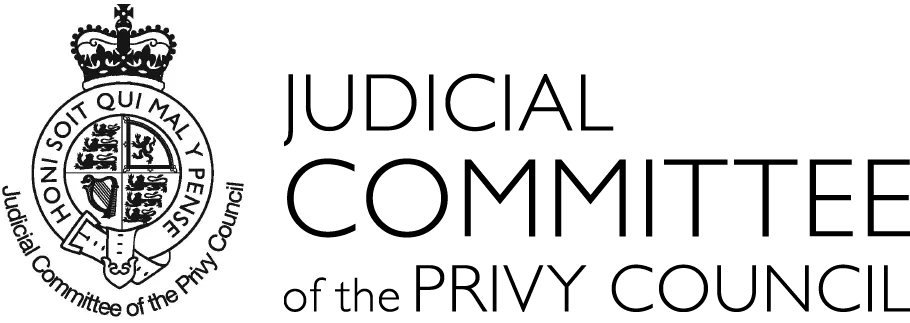Reintegrating into the community is a crucial and challenging process for former addicts. It requires not only personal change but also support from family, friends, and society. This article will analyze the important steps and supportive measures to help addicts successfully reintegrate into the community.
1. Psychological and Social Support
Counseling and Therapy: One of the most important factors for successful reintegration is psychological support. Counseling and therapy programs, such as Cognitive Behavioral Therapy (CBT), can help addicts understand the root causes of their behaviors and develop skills to cope with cravings.
Support Groups: Joining support groups like Alcoholics Anonymous (AA) or Narcotics Anonymous (NA) can provide a safe environment to share experiences and receive encouragement from peers. These groups also help build a new social network, steering clear of negative influences from the past.

2. Rehabilitation and Skill Development
Vocational Training: Having a stable job is essential for sustainable reintegration. Vocational training programs and job search assistance can help addicts acquire the necessary skills to enter the labor market.
Social Skill Development: Communication and social skills are also key factors. Courses and workshops on communication, teamwork, and conflict management can help addicts rebuild relationships and gain confidence in everyday life.
3. Support from Family and Friends
Education and Understanding: Family and friends need to be educated about addiction and the recovery process to better understand and provide effective support. Understanding and empathy from loved ones are crucial for addicts to feel loved and motivated.
Participation in Shared Activities: Participating in family and social activities can help addicts feel like part of the community. This not only improves mental health but also reduces feelings of isolation, which is one of the main causes of relapse.
4. Policy and Community
Supportive Policies: Social policies must support the reintegration of addicts. This can include providing temporary housing, financial support, and rehabilitation programs. Government and non-governmental organizations can play a vital role in implementing and managing these programs.
Community Support: Communities need programs and activities to help addicts reintegrate. Community centers, churches, and social organizations can host events, workshops, and activities to strengthen social connections and provide necessary support.
5. Building a Healthy Lifestyle
Physical Activity: Engaging in physical activities like exercise, yoga, or sports can improve mental and physical health. Physical activity also helps reduce stress and provides an outlet for negative energy.
Healthy Diet: Maintaining a healthy diet can improve overall health and mood. Studies have shown that nutrition plays a significant role in brain and body recovery after stopping substance use.
6. Rebuilding Relationships
Reconnecting with Society: Participating in social activities and reconnecting with old friends (those not related to substance use) can help addicts feel like part of the community again.
Building New Relationships: Addicts also need to establish new relationships, especially with positive influences. This can be achieved by joining volunteer groups, clubs, or classes.
7. Coping with Temptation and Relapse
Coping Plans: Addicts need to develop specific plans to deal with tempting situations. This can include avoiding places and people associated with substance use and having healthy alternative activities to engage in when cravings arise.
Continuous Monitoring and Support: Ongoing monitoring and support from professionals and family are essential. Regular counseling sessions and progress checks can help addicts stay on track and prevent relapse.
Conclusion
Reintegrating into the community for addicts is a complex process that requires effort from multiple parties. Psychological and social support, skill development, family and friend support, policies and community, building a healthy lifestyle, rebuilding relationships, and coping with temptation are all crucial factors for successful reintegration. Understanding and support from society will help them not only overcome addiction but also lead a healthy and meaningful life.

